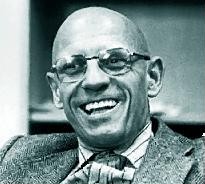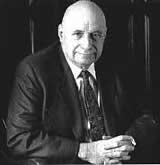Social Constructivism (also known as social constructionism) contends that categories of knowledge and of "reality" itself are actively created by and are the products of social and symbolic relationships and interactions, all within the given temporal and spatial boundaries of a cultural context. They are contingent on convention, language, human perception, and social experience. These interactions affect how we organize all aspects of our lives, from the way define and know the sacred, to the way we conduct scientific investigation. What is thus "real" is that moment of intersection of those participating. Reality is ultimately understood as an event, as a "process" of becoming, and not as a concrete, discrete object, though as a construct, "reality" could be defined in a multiplicity of ways. A concept or practice which may appear to be "natural" and "obvious" to those who accept it, but in reality is an invention or artifact of a particular culture.
Correspondingly, any two independent cultures, as they go about defining the nature of the social interactions, will likely form different epistemologies and observational methodologies of their worlds. For instance, Euro-American culture generally constructs reality as if it was made up of "objects," amenable to scientific descriptions. In contrast, American Indian cultures typically construct reality as if made up of "events." These are two distinct ways of understanding reality, based on how the modes of interactions are constructed by the actors of there respective cultures.
For Social Constructionists, as all our knowledge is a "construction," what we know does not necessarily reflect any external "transcendent" realities. There is no absolute material reality, nothing precipitated by universal laws of society or nature.
 |
 |
NOT PICTURED |
- A new epistemology and methodology in the understanding of the human experience.